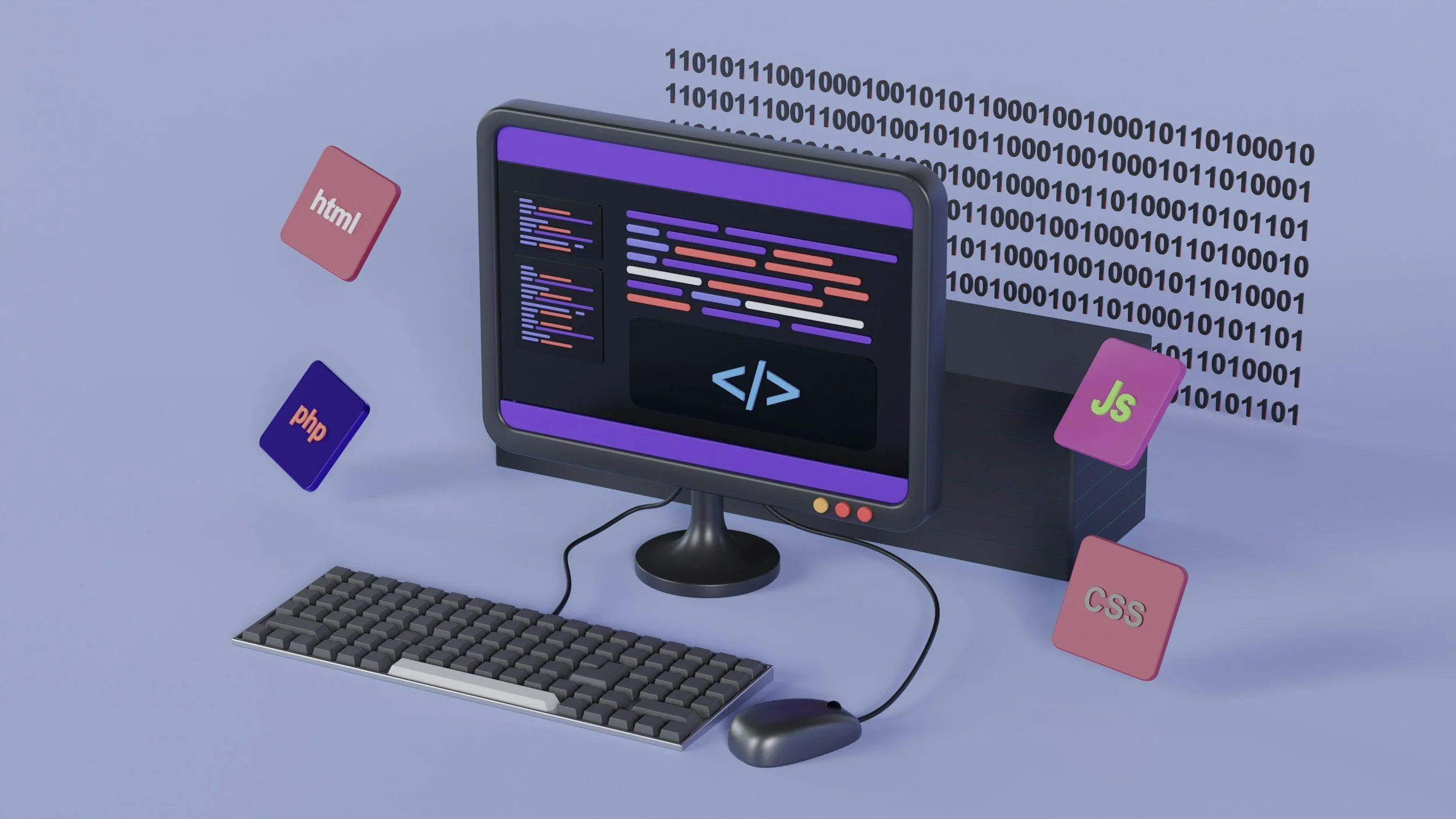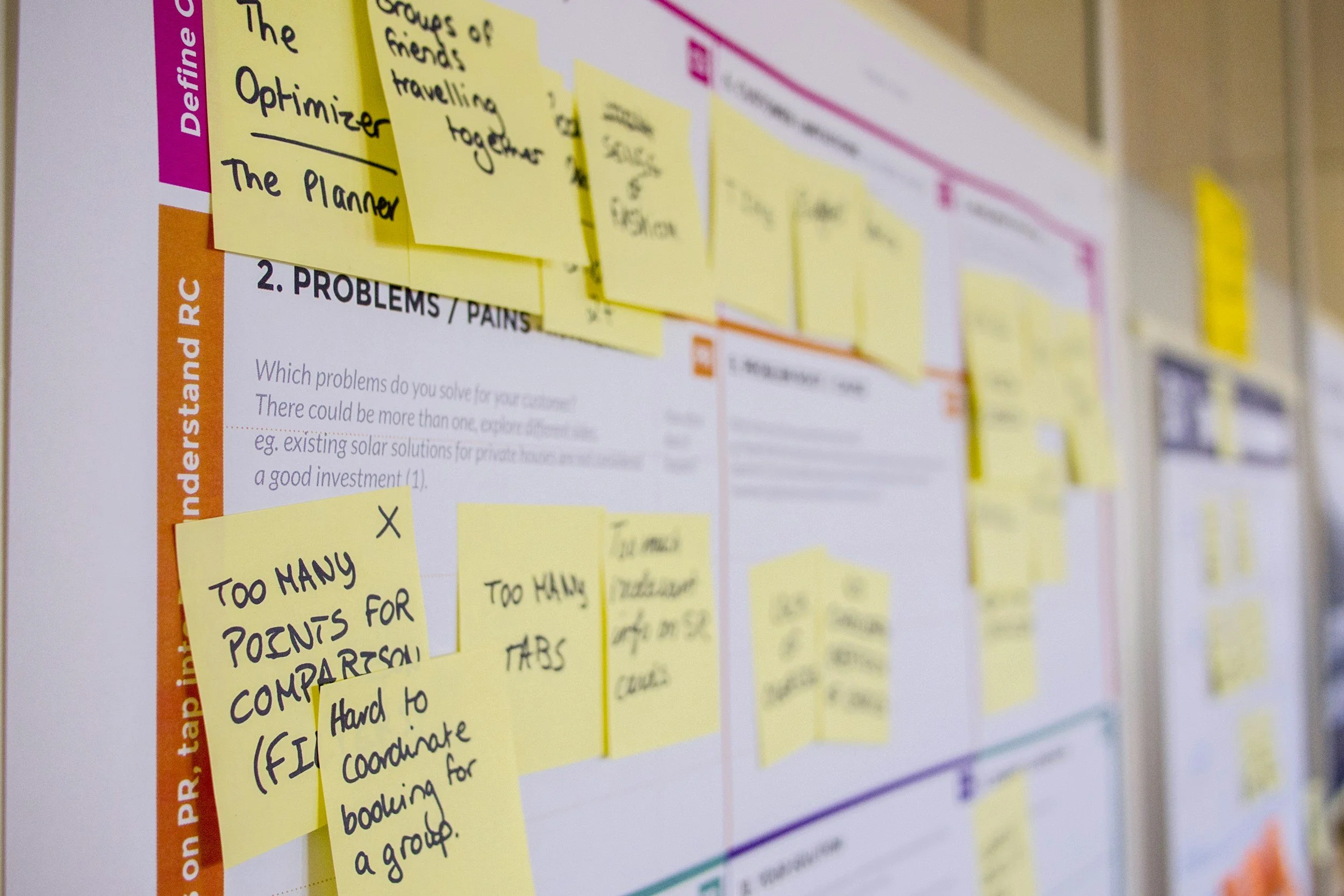Choosing an ERP system is one of the most consequential decisions your business will make — yet many buyers enter this process relying solely on what vendors choose to tell them. ERP software vendors are not your consultants. Their goal is to sell. And while many offer solid platforms, what they won’t tell you can lead to costly mistakes, scope creep, implementation failure, or even selecting the wrong system altogether.
This article sheds light on the critical truths vendors tend to gloss over — so you can navigate the ERP software selection process with your eyes open.
What ERP Vendors Won’t Tell You
But You Need to Know…
Not All Features Are Fully Built Out
Vendors love to highlight feature checklists — but what’s in the brochure doesn’t always reflect reality. Just because a system “offers” inventory forecasting or project accounting doesn’t mean those features are robust, user-friendly, or integrated with the rest of the platform.
What You Need to Know:
Ask to see real workflows, not just slide decks. Use scripted demos and ask pointed questions: “How would your system handle this specific scenario?” That’s where weak functionality reveals itself.
Their Partner Network Might Be Doing the Heavy Lifting
Some ERP vendors rely heavily on implementation partners — meaning your experience may vary widely depending on who configures the software. A great vendor paired with a mediocre partner can create a frustrating, expensive experience.
What You Need to Know:
Always vet the implementation partner as thoroughly as the software. Ask who will actually be running your project and whether they’ve worked with businesses like yours before.
You Might Need (a Lot) More Customization Than You Think
Vendors tend to assume “standard use cases” — but every business has quirks. That quick answer of “yes, we can do that” might mean hours of configuration, custom scripting, or third-party tools.
What You Need to Know:
Identify your non-negotiable workflows and dig into how they’ll actually be handled. Even “minor” tweaks can become major cost drivers during implementation.
Their Pricing Can Be Misleading
Most ERP vendors quote only the licensing cost up front. Implementation, integration, training, data migration, and ongoing support are often separate — and can easily exceed the cost of the software itself.
What You Need to Know:
Request a total cost of ownership estimate, not just licensing fees. Build a line-item budget that includes every phase of your project — or use a cost template like the one included in our ERP Selection Guide.
They’re Selling What They Have — Not What You Need
Sales reps are trained to position their software as a fit, even if your industry, processes, or growth plans don’t align well with their system’s strengths. Their job is to get you excited — not to objectively compare options.
What You Need to Know:
You need to be the one driving the requirements — not just reacting to what vendors show you. Define your needs first, shortlist based on fit, then invite vendors to respond.
Implementation Success Is On You
Even the best software can fail without clear project ownership, stakeholder alignment, and a structured selection process. Vendors may promise “a smooth go-live” — but they’re not responsible for your internal preparation.
What You Need to Know:
Create your own roadmap, define internal roles, and know exactly what needs to be in place before selecting a system. Use a step-by-step process that mimics how professionals manage software selection.
Final Thoughts
ERP vendors play an important role in the selection process — but they’re not going to point out their own shortcomings or push you toward another platform. That’s your responsibility. By knowing what vendors won’t say, you’re better equipped to ask the right questions, demand real answers, and make a choice that serves your business long term.
Need help navigating the process without a consultant?
Our ERP Selection Guide includes the exact templates and tools used by experienced ERP consultants





